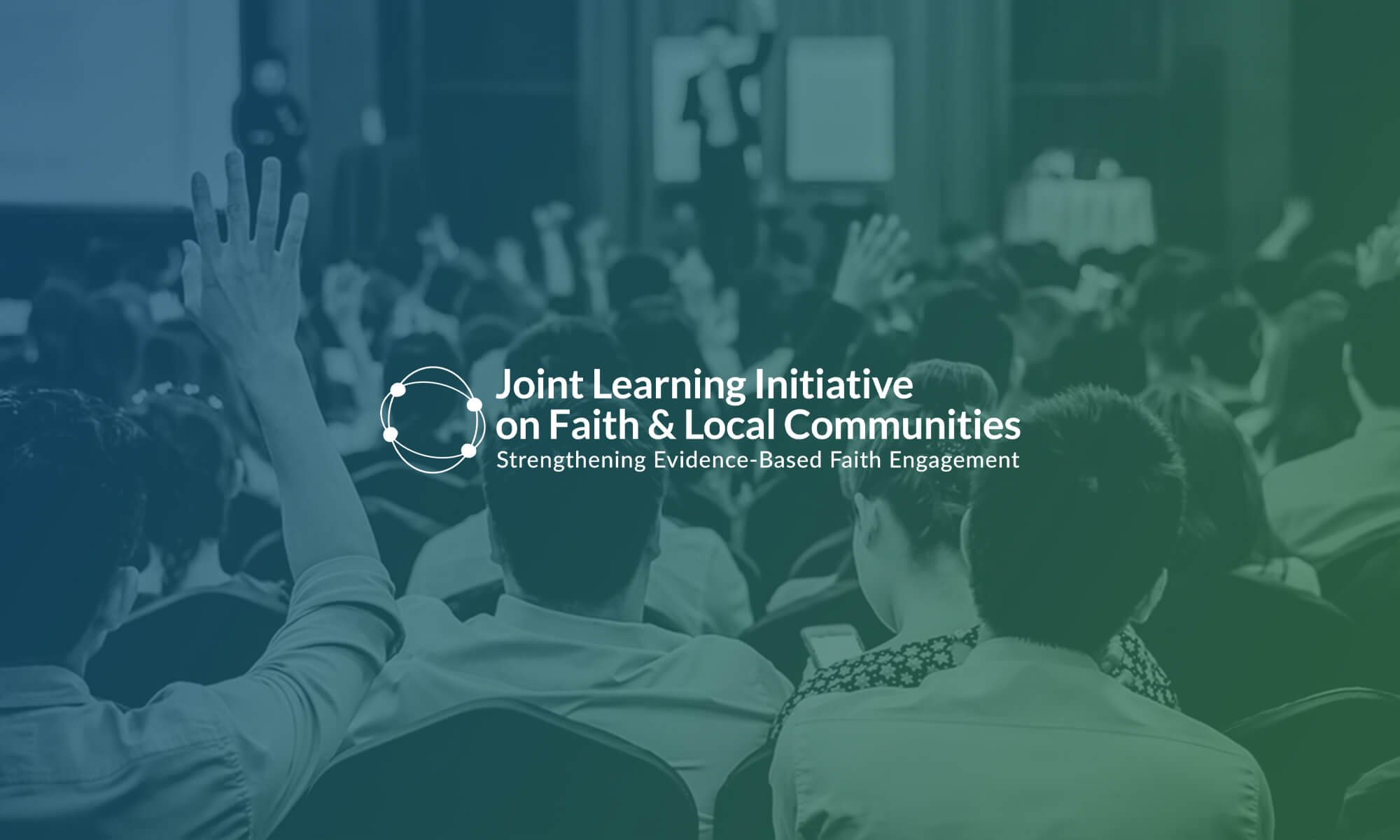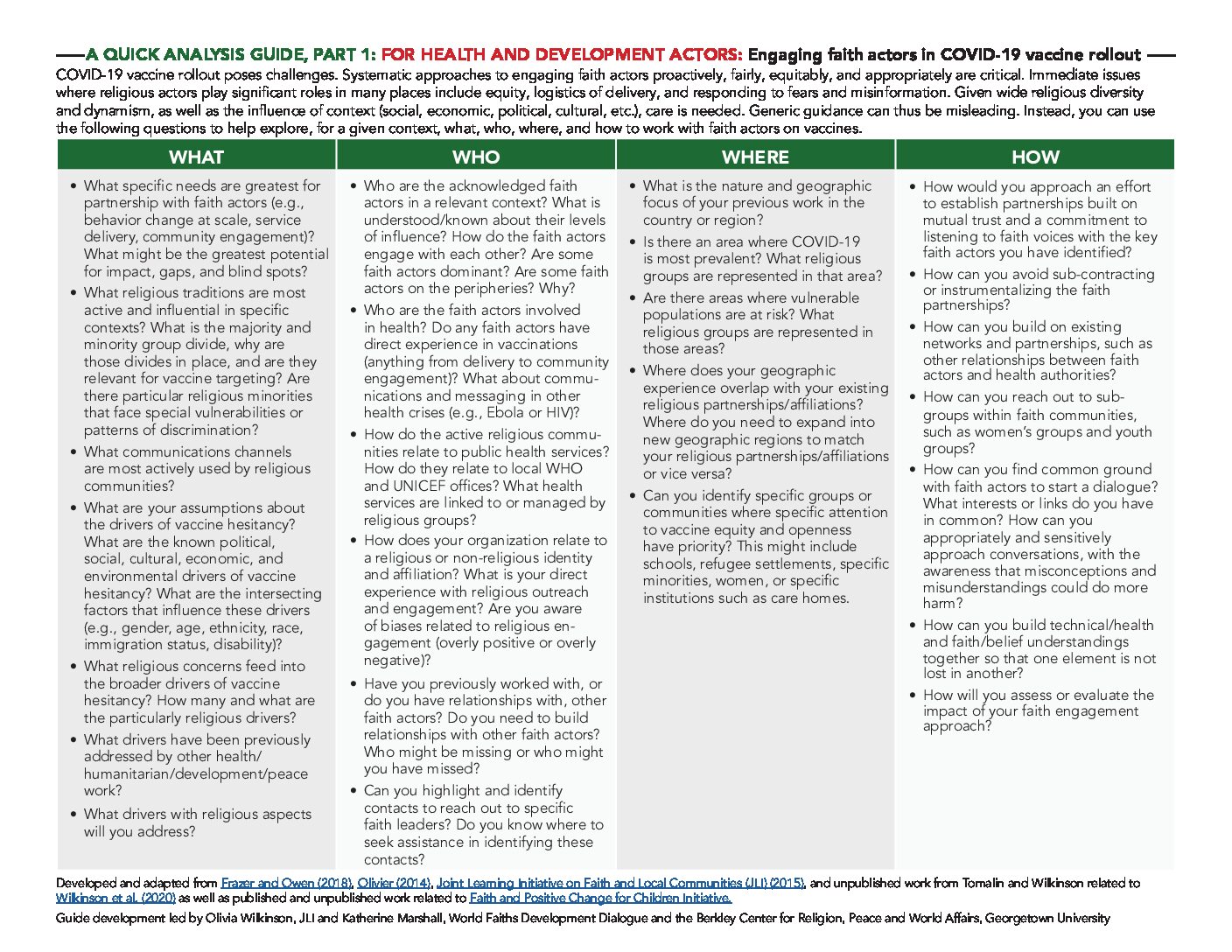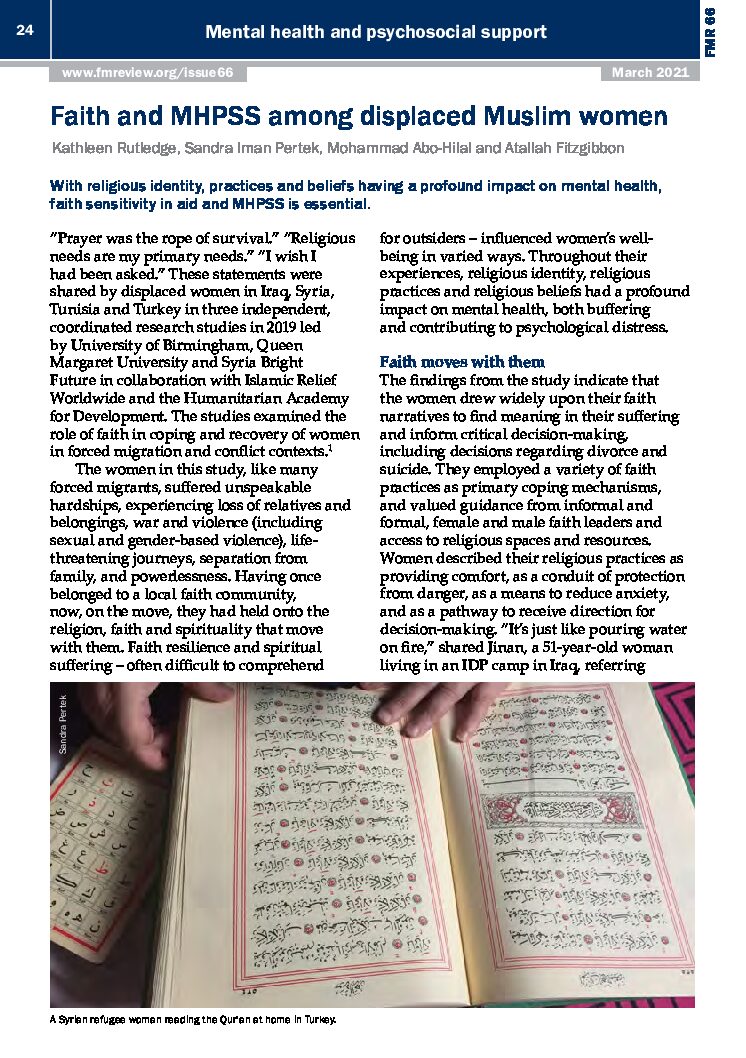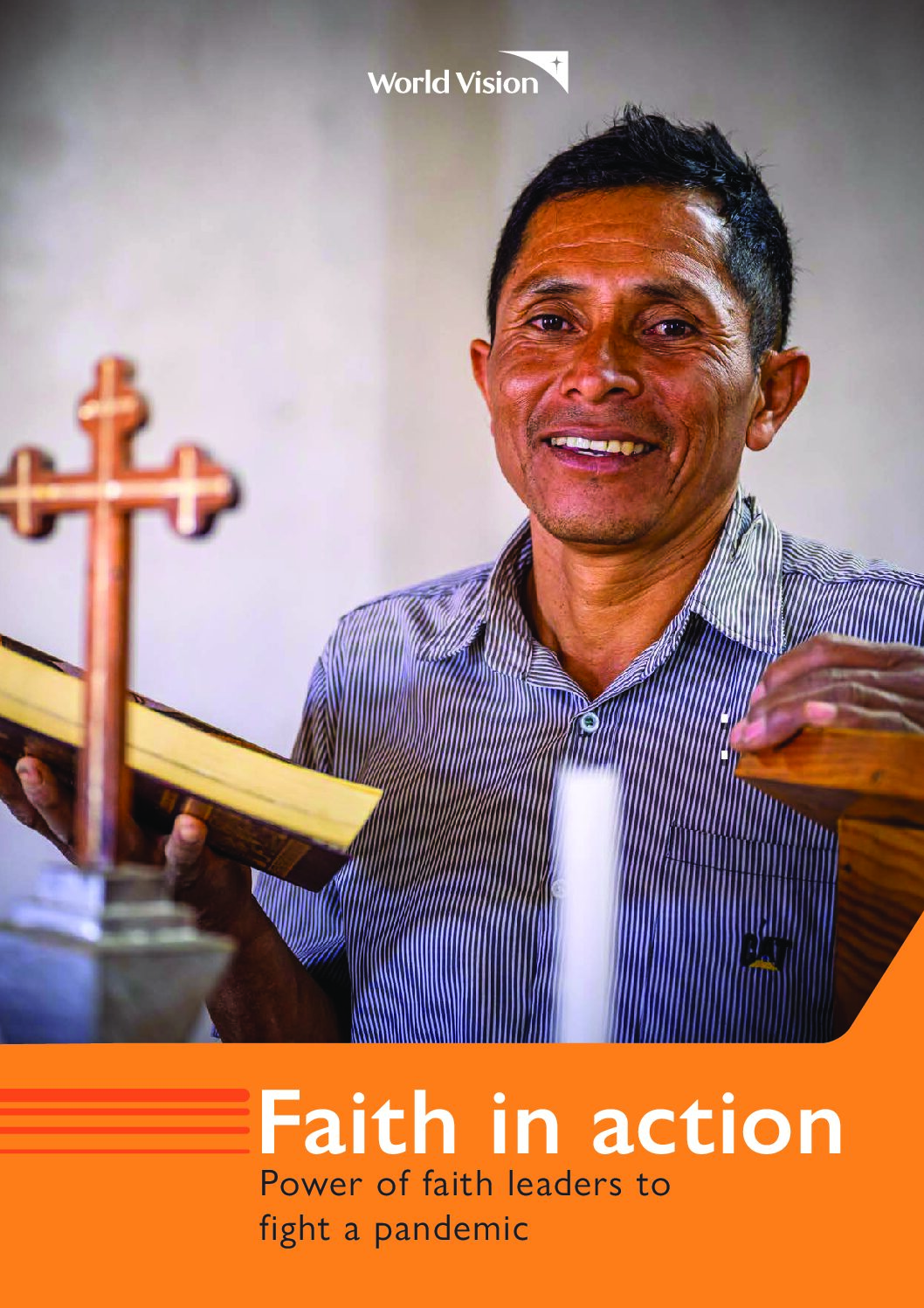Date/Time
Date(s) - 06/09/2017 - 08/09/2017
12:00 am
Location
University of Bradford
Categories No Categories
Convenors
Convenors
- Shabaana Kidy (Islamic Relief Academy)
- Emma Tomalin (University Of Leeds)
In the light of global inequality, there have been renewed criticisms against neoliberal economics, both from ‘secular’ and ‘faith-based’ NGOs and thinkers. This panel will seek to explore the role of religious traditions, values and faith-based tools in ‘moral economies’ and financing for development.
Papers
-
The potential role of shared religious values in combatting climate change and promoting sustainable development in a moral economy
-
Voluntary forms of giving and donating: hinduism and poverty in India
How can voluntary forms of giving and donating in India help development practioners involved in poverty and social inequality in India? The presentation focuses on faith-based forms of donating and social assistance in the form of philanthropy in India and its potential towards development India.
-
Voluntary forms of giving and donating: hinduism and poverty in India
How can voluntary forms of giving and donating in India help development practioners involved in poverty and social inequality in India? The presentation focuses on faith-based forms of donating and social assistance in the form of philanthropy in India and its potential towards development India.
-
In due balance: economic and spiritual security
The Extreme Poverty Model helps tens of thousands of people out of distress and insecurity while building spiritual capital and dignity. This paper offers examples of faith principles applied to various poverty reduction settings and a case study from Bangladesh
-
Intergenerational responsibility in the light of Catholic Social Teaching: a study among ethnic Karen communities in northern Thailand
Based on long-term ethnographic fieldwork with the Karen people in northern Thailand, my paper analyses intergenerational responsibility in the light of Catholic social teaching, in particular the ‘principle of the common good’.
-
Islam, neoliberalism and socio-economic justice
Islamic teachings have always emphasised social and economic justice and mutual aid, support and sharing now eroded by the spread of neoliberalism and consumerism in Muslim societies. This paper will examine alternative development paradigms to the neoliberal rationalised by Muslim elites




